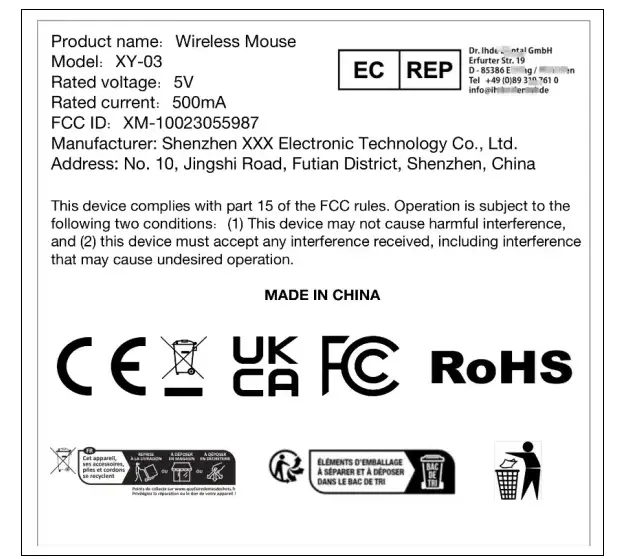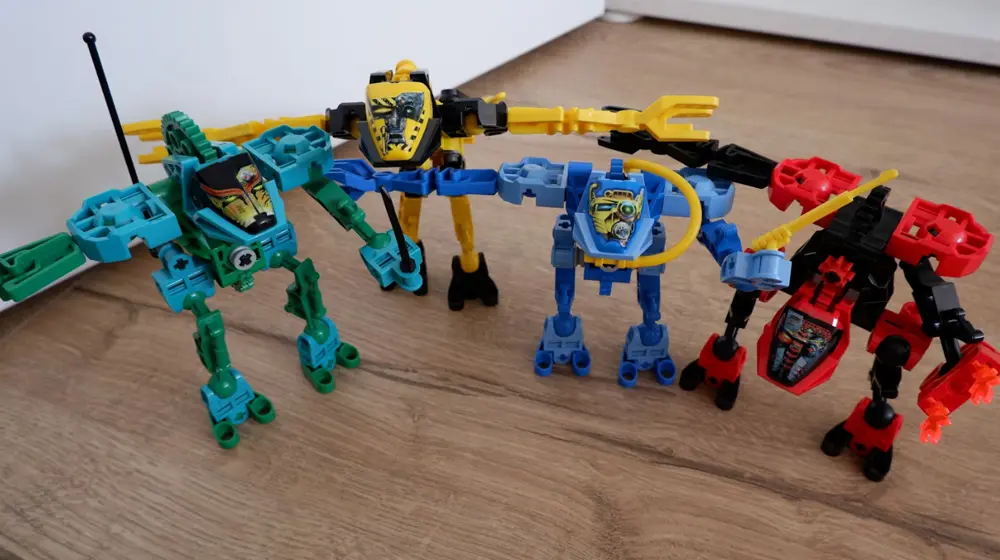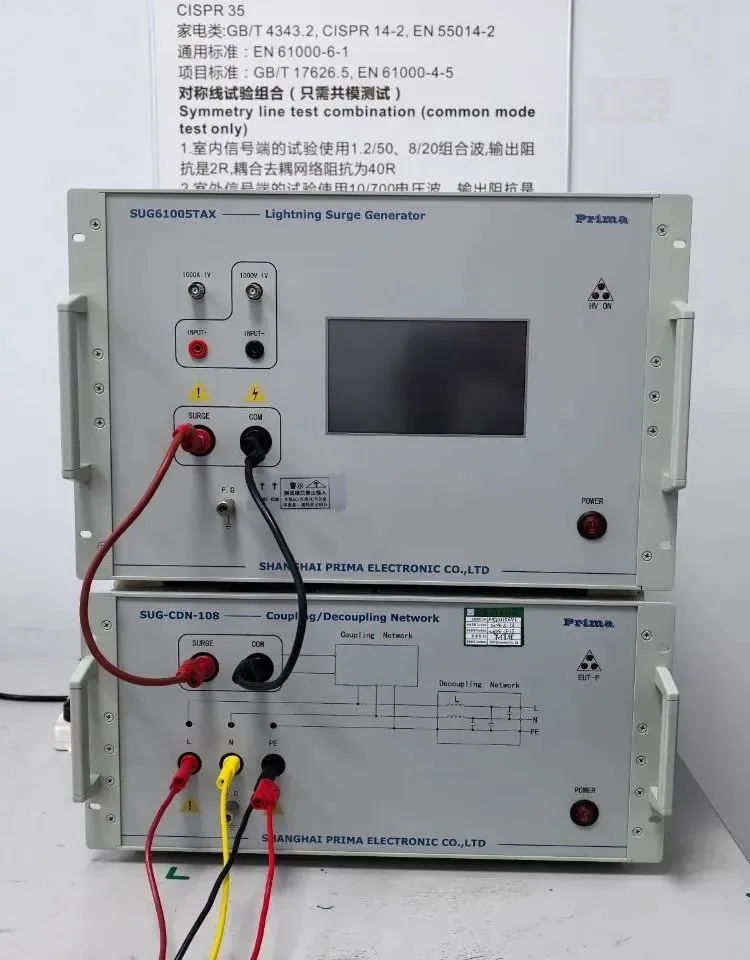
Wireless Device FCC ID Certification
Introduction to FCC Certification
The full name of FCC certification is the Federal Communications Commission, an independent agency established by the COMMUNICATION ACT of 1934, directly accountable to Congress. FCC oversees domestic and international communications by controlling radio, broadcasting, and cable services. Its jurisdiction includes all 50 U.S. states, the District of Columbia, and U.S. territories, ensuring the safety of radio and wire communication products related to life and property. FCC certification is divided into two types: FCC-sdoc (for wired products) and FCC-ID (for wireless products).

FCC-ID is a mandatory certification mode for wireless products in the U.S. Products with wireless transmission frequencies, such as Bluetooth devices, WiFi devices, wireless alarm systems, radio receivers and transmitters, telephones, and computers, must obtain FCC-ID certification. Wireless product certifications are approved directly by FCC TCB organizations, and the certifications can be verified on the official FCC website.
Scope of Wireless FCC Certification
Wireless Product FCC Certification: Bluetooth products, tablets, wireless keyboards, wireless mice, wireless readers, transceivers, walkie-talkies, wireless microphones, remote controls, wireless network devices, wireless video transmission systems, and other low-power wireless products.
Wireless Communication FCC Certification: 2G, 3G, 3.5G phones, DECT phones (1.8G, 1.9G bands), walkie-talkies, etc.
FCC-ID Certification Modes for Wireless Products
There are two certification modes for different products:
- FCC-SDOC certification for standard products.
- FCC-ID certification for wireless products.
Each certification mode requires laboratories to obtain FCC recognition and follow distinct procedures, testing, and declaration requirements.
Documents and Requirements for FCC-ID Certification Application
1. FCC Application Form: Accurate company name, address, contact details, product name, model, and applicable standards.
2. FCC Authorization Letter: Signed and stamped by the applicant and scanned as a digital copy.
3. FCC Confidentiality Letter: A confidentiality agreement between the applicant and TCB organization, signed and stamped by the applicant and scanned as a digital copy.
4. Block Diagram: Clearly illustrating all oscillators and their frequencies, consistent with the circuit diagram.
5. Circuit Diagram: Must match the block diagram's oscillator frequencies, quantities, and placements.
6. Line Description: A detailed English description of the product's functional principles.
7. User Manual: Including FCC warning statements.
8. Label and Label Location: The label must include the fcc id number and statement, positioned prominently.
9. Internal and External Product Photos: Clear images with additional notes when necessary.
10. Test Report: Comprehensive testing based on applicable standards to evaluate the product.
FCC-ID Certification Process
1. Apply for an FRN (Federal Registration Number). First-time applicants must also apply for a permanent Grantee Code.
2. Provide the product manual.
3. Complete the FCC application form.
4. The testing laboratory determines the testing standards and items and provides a quote.
5. Confirm the quote, sign a contract, and arrange sample delivery to the lab.
6. Pay certification fees upon sample receipt.
7. The lab tests the product and, upon passing, issues the fcc certificate and test report.
8. Certificates and reports are sent upon test completion.
FCC-ID Certification Costs
Costs depend on the product and its communication features (e.g., Bluetooth, WiFi, 3G, 4G). emc testing is also required, impacting the total cost.
fcc testing Items
Only electromagnetic interference (EMI) tests are required:
- Conducted Emissions (CE): Frequency range 0.15~30MHz.
- Radiated Emissions (RE): Frequency range 30MHz~40GHz.
fcc testing Standards
- fcc part 15: Computing devices, cordless phones, satellite receivers, TV interface devices, low-power transmitters.
- fcc part 18: Industrial, scientific, medical equipment (e.g., microwaves, RF lighting ballasts).
- FCC Part 22: Cellular phones.
- FCC Part 24: Licensed personal communication services.
- FCC Part 68: Telecommunications terminal equipment (e.g., phones, modems).
- FCC Part 74: Experimental and auxiliary broadcast services.
- fcc part 90: Private land mobile radio services, including paging devices and mobile radios.
- FCC Part 95: Personal radio services, such as CB transmitters, RC toys, family radio service devices.
FCC-ID Frequency Regulations
1. Transmission Frequency: 125KHz, 13.5MHz (e.g., card readers).
2. Transmission Frequency: 27MHz, 49MHz (e.g., remote-controlled toys, wireless mice).
3. Transmission Frequency: 315MHz, 433MHz (e.g., remote controls, wireless doorbells).
4. Transmission Frequency: 88-108MHz (e.g., radios).
5. Transmission Frequency: 902-928MHz, 2400-2483.5MHz, 5725-5850MHz (e.g., Bluetooth, WiFi devices).
FCC-ID Certification Timeline
New FCC account applications take about 6 weeks. After obtaining an account, certification can take 3–4 weeks. Delays may occur if product tests fail. Preparing in advance ensures timely market entry.
Email:hello@jjrlab.com
Write your message here and send it to us
 What are the Differences Between EN 71 and ASTM F9
What are the Differences Between EN 71 and ASTM F9
 ASTM F963-23 Lithium-Ion Battery Requirements for
ASTM F963-23 Lithium-Ion Battery Requirements for
 Tiny Toys Bus Pass ASTM F963
Tiny Toys Bus Pass ASTM F963
 ASTM-F963-17 Non-Ride-On Toys Testing
ASTM-F963-17 Non-Ride-On Toys Testing
 Amazon ASTM F963 Pacifier Compliance Testing
Amazon ASTM F963 Pacifier Compliance Testing
 RCM AS/NZS CISPR 32:2023 Testing for Power Adapte
RCM AS/NZS CISPR 32:2023 Testing for Power Adapte
 How to get Australia SAA Compliance?
How to get Australia SAA Compliance?
 Does Canada Require RoHS Compliance
Does Canada Require RoHS Compliance
Leave us a message
24-hour online customer service at any time to respond, so that you worry!




